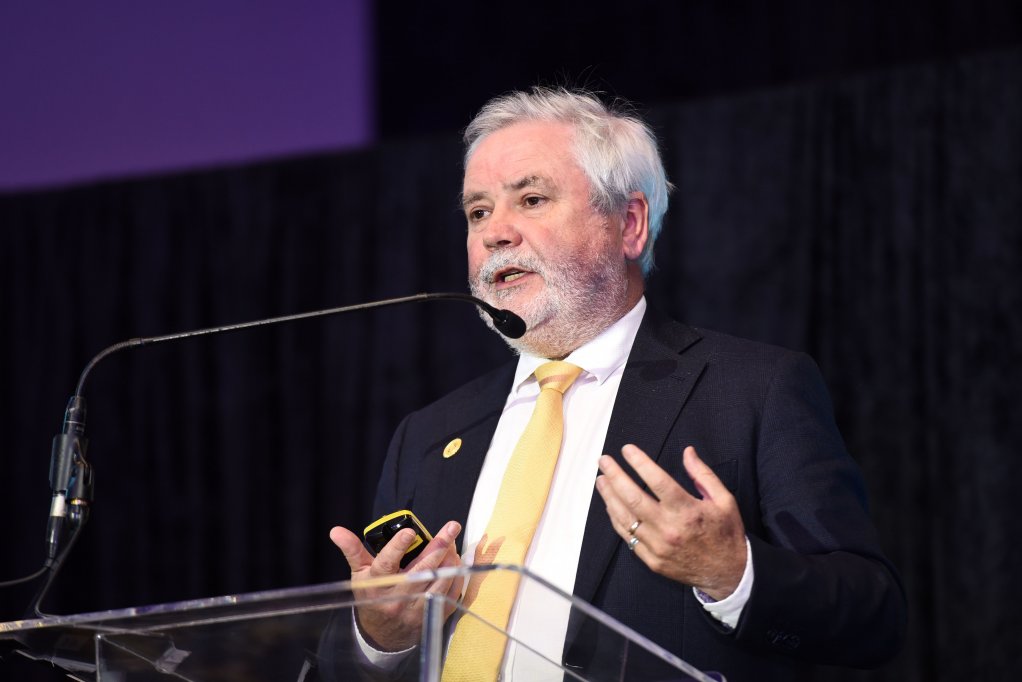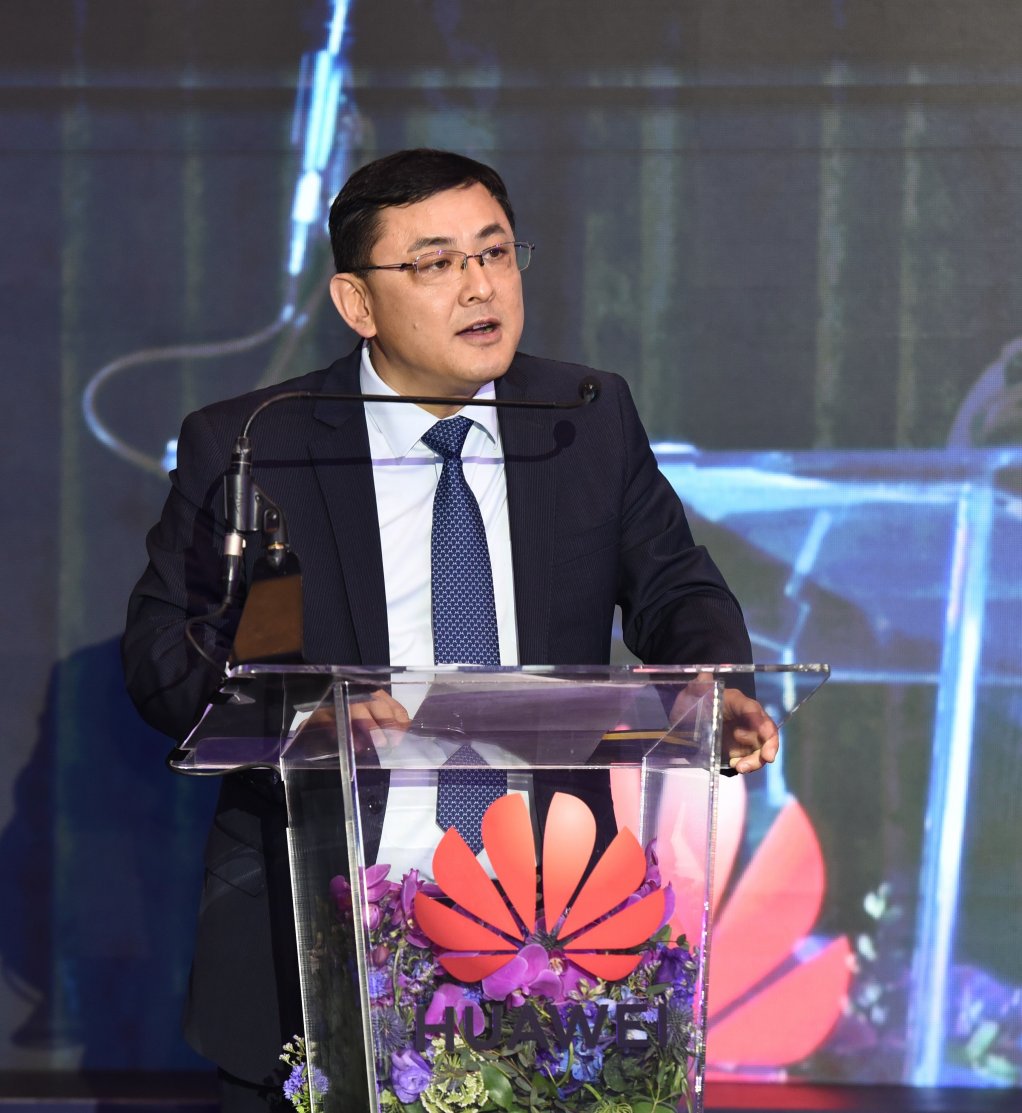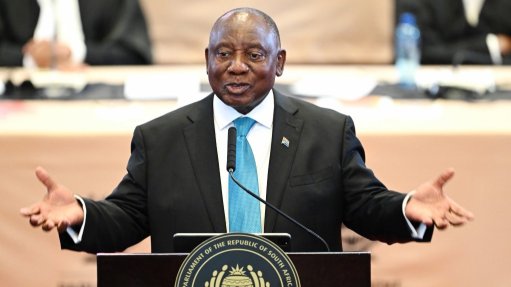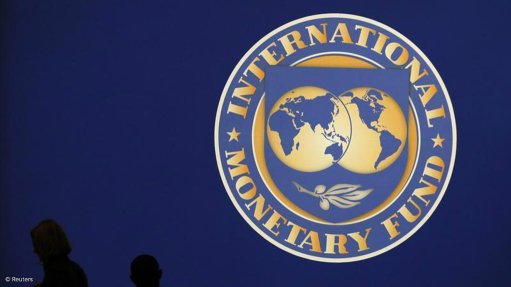Africa poised for fast connectivity growth rates



MARTIN CREANER The African continent is in the fast lane of broadband connectivity with a faster rate of growth and greater potential for growth than any other region of the world
SAMUEL CHEN The low penetration rate of access fibre in Africa is restricting the digitalisation process in Africa
Digitalisation and globalisation have made the fibre infrastructure industry more important and relevant than ever, and having the right policies and ecosystems in place is key to accelerating fibre infrastructure deployment.
In line with this, many African countries and operators are launching more fibre strategies – and establishing supporting practices – setting the continent on a path that will lead to a “fibre broadband explosion”.
“The African continent is in the fast lane of broadband connectivity with a faster rate of growth and greater potential for growth than any other region of the world,” said World Broadband Association (WBBA) director-general Martin Creaner.
Globally, another 243-million fixed connections will be added over the next five years, most of them fibre, and by 2027 about 32% of the global population will be connected, up from only 23% in 2020.
Currently, Africa has the slowest Internet speeds globally: 195% slower than Europe’s average for mobile Internet speeds and 418% slower than Europe’s fixed Internet speeds, said Communications and Digital Technologies Deputy Minister Philly Mapulane, noting that investment in fibre is the “best bet” to turn the situation around.
“Connectivity is rapidly changing our lives, but compared with the global average, the penetration rate of access fibre in Africa is much lower, which restricts the digitalisation process in Africa. However, Africa’s broadband growth rate is the highest in the world,” said Huawei Southern Africa Carrier Network Business group president Samuel Chen, further emphasising the immense potential fibre holds for the African continent.
For Africa to leverage the potential of a “fibre explosion” across the continent, greater collaboration across the ecosystem, policies and strategies will be critical, Creaner added.
These comments were made during the Africa Fibre Forum 2023, which was hosted by Digital Council Africa (DCA) and co-sponsored by Huawei and the WBBA, where several stakeholders committed to accelerating the roll-out of fibre across Africa.
The forum, held at technology conference AfricaCom, in Cape Town, last month, secured commitments and announcements from 12 industry players.
Representatives from the African Telecommunications Union (ATU), the Department of Communications and Digital Technologies, major operators, vendors and associations such as DCA and the WBBA, as well as consultants such as Africa Analysis, held in-depth discussions on the key challenges of accelerating fibre coverage in Africa, in addition to fibre strategy and policy, and how to accelerate broadband adoption and promote the overarching broadband service economy in Africa.
“In order to accelerate fibre industry development, we must actively advocate for legislative changes that acknowledge the unique nature of fibre deployment,” said ATU general secretary John Omo.
Further, he noted the need for policymakers, industry experts and key stakeholders to engage in a collaborative dialogue to formulate policies that streamline regulatory processes, incentivise private investments and encourage public–private partnerships that catalyse innovation and operational efficiency.
Mapulane commented that digital infrastructure, particularly fibre networks, is essential to support the digital economy and to harness opportunities offered by the emerging technologies and innovations.
“Universal, high-quality, affordable and inclusive connectivity is dependent on extensive deployment and use of fibre networks.”
To ensure Africa leverages the fibre potential, there is a need to introduce more investors to the continent to fund connectivity initiatives, while encouraging regulators and governments to step up policies prioritising fibre infrastructure roll-out and sharing, Creaner continued.
“Additionally, the broadband ecosystem must identify affordable and innovative broadband solutions for countries with limited resources,” he said, highlighting that the WBBA is providing a worldwide platform for all stakeholders to convene to address broadband development.
“It is not just about installing fibre, but ensuring that fibre connections are of the right quality. In Africa, you cannot afford to take shortcuts on quality,” said fibre provider Vuma CEO Dietlof Mare, adding that enhanced access will quickly create demand.
He cited the example of houses in the low-income Cape Town suburb of Mitchell’s Plain going from having no connectivity to using 300 GB of data a month each.
“Stakeholders in the fibre market need to be aware of this. It is data access in abundance. That is what we want to try and create,” he said.
To overcome the challenges faced, access needs to be built with a long-term approach in mind, commented DCA president Andile Ngcaba.
“We have to think about our continent on a long-term basis. In 2050, we will have 2.5- billion people on the continent. What can we do to address this moving connectivity target?” he questioned.
DCA’s Juanita Clark added that, increasingly, industry players are acknowledging the importance of fibre.
“In the past, I would have had to give the ‘why fibre’ talk. Today, I do not feel like I have to, because everyone understands how important it is.”
Meanwhile, Chen said that, based on local conditions and global best practices, Huawei has been actively exploring the best path for the development of the fibre industry in Africa and providing cost-effective solutions with the highest efficiency and premium experience, such as the ‘one fibre network for full service’ methodology and the innovative AirPON solution.
In addition, Huawei has explored and practised cutting-edge technologies such as fibre-to-the-room and IPv6+ in Africa.
Article Enquiry
Email Article
Save Article
Feedback
To advertise email advertising@creamermedia.co.za or click here
Press Office
Announcements
What's On
Subscribe to improve your user experience...
Option 1 (equivalent of R125 a month):
Receive a weekly copy of Creamer Media's Engineering News & Mining Weekly magazine
(print copy for those in South Africa and e-magazine for those outside of South Africa)
Receive daily email newsletters
Access to full search results
Access archive of magazine back copies
Access to Projects in Progress
Access to ONE Research Report of your choice in PDF format
Option 2 (equivalent of R375 a month):
All benefits from Option 1
PLUS
Access to Creamer Media's Research Channel Africa for ALL Research Reports, in PDF format, on various industrial and mining sectors
including Electricity; Water; Energy Transition; Hydrogen; Roads, Rail and Ports; Coal; Gold; Platinum; Battery Metals; etc.
Already a subscriber?
Forgotten your password?
Receive weekly copy of Creamer Media's Engineering News & Mining Weekly magazine (print copy for those in South Africa and e-magazine for those outside of South Africa)
➕
Recieve daily email newsletters
➕
Access to full search results
➕
Access archive of magazine back copies
➕
Access to Projects in Progress
➕
Access to ONE Research Report of your choice in PDF format
RESEARCH CHANNEL AFRICA
R4500 (equivalent of R375 a month)
SUBSCRIBEAll benefits from Option 1
➕
Access to Creamer Media's Research Channel Africa for ALL Research Reports on various industrial and mining sectors, in PDF format, including on:
Electricity
➕
Water
➕
Energy Transition
➕
Hydrogen
➕
Roads, Rail and Ports
➕
Coal
➕
Gold
➕
Platinum
➕
Battery Metals
➕
etc.
Receive all benefits from Option 1 or Option 2 delivered to numerous people at your company
➕
Multiple User names and Passwords for simultaneous log-ins
➕
Intranet integration access to all in your organisation




















